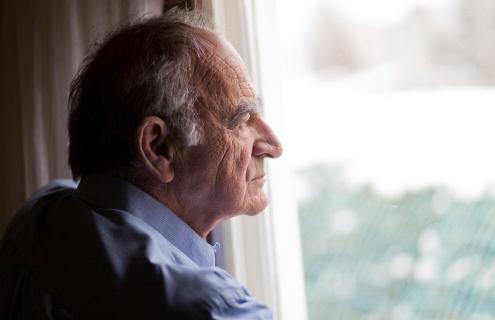
Seasonal affective disorder, known as SAD, is not something to shrug off. It is a serious illness that can affect your relationships, your work life, and your day-to-day experience.
SAD is a recurring major depression that comes and goes seasonally. SAD is at its strongest in December, January, and February, when daylight is the shortest. The symptoms can include ordinary tasks feeling like overwhelming challenges, such as making breakfast or getting the kids to school. People who struggle with SAD, also known as winter depression, experience a loss of interest in things that before provided satisfaction and joy.
Most people who suffer from SAD also suffer from mild depression during the rest of the year. While its unknown what causes SAD, research has linked it in part to lowered serotonin levels and changes in the body due to reduced sunlight.
Serotonin is a neurotransmitter. It helps regulate our mood, appetite, and sleep. With normal levels of serotonin, you feel an overall sense of well being and balance. When levels dip, sadness can settle in, leading to depression.
Severe SAD might require medical treatment. Seeing your primary care physician can help you understand if treatment, such as medication, is right for you. You may also ask your doctor to test your levels of vitamin D. Low levels of vitamin D have been linked to depression. We make vitamin D in our skin, when sunlight hits it. In the winter, we experience far less sunlight and make far less vitamin D. If you do have low levels, ask your doctor if you need a supplement or if you need to eat more foods that include vitamin D.
There are also daily habits and practices that can support you during winter depression. These include:
- Regular physical activity, such as walking, indoor biking, or swimming
- Eating foods such as leafy greens, vegetables, fruits, nuts, and seeds
- Being with family and friends
- Participating in group activities, like singing groups, fitness classes, or group hikes
You might also consider asking your doctor about light therapy. This is the practice of sitting in front of artificial lighting that mimics the sun’s natural rays for a certain period of time.
If you are concerned about SAD, contact your primary care doctor today and make an appointment at 603-354-5400.
If you have been experiencing hopelessness or thoughts of suicide, call the National Suicide Prevention Lifeline at 1-800-273-8255.